Ironies of a Race-Riven Society: Selected Recent Items from Afro-Americana Imprints
A Southern eccentric defends slavery as a form of socialism, a Southern abolitionist and her mixed-race nephew fight racism, and a great writer helps a New Hampshire boy win the approval of the South. Through recently released items like these, Readex’s Afro-Americana Imprints helps students of history explore the ironies of a race-riven society. And for fun, there are those tricksters Brer Rabbit and Brer Fox…
Uncle Remus: His Songs and His Sayings: The Folk-Lore of the Old Plantation (1881)
By Joel Chandler Harris. With illustrations by Frederick S. Church and James H. Moser
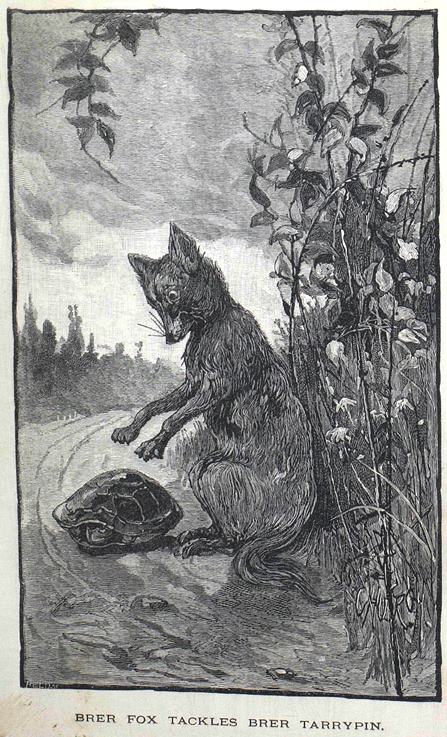
The Chronicles of Aunt Minervy Ann (1889)
By Joel Chandler Harris. Illustrated by A.B. Frost
(Recent releases of Afro-Americana Imprints include 15 works by Joel Chandler Harris, including several that feature Uncle Remus and Brer Rabbit. Less well known are Harris’ fictional sketches of post-emancipation Negro life in Georgia, notably the vivid and hilarious Aunt Minervy Ann.)
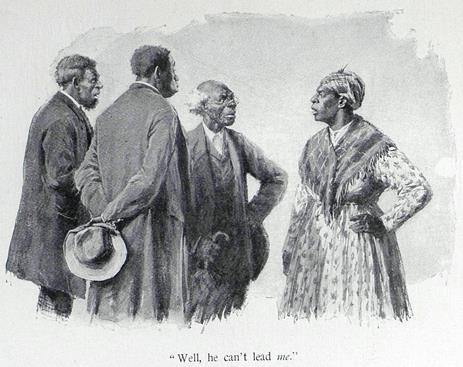
Sociology for the South, or The Failure of Free Society (1854)
By George Fitzhugh
(In addition to being an apologist for Negro slavery, Fitzhugh was critical of the conditions of laborers in the Northern states. He held that slavery should, for humanitarian reasons, be extended to the white laboring classes as well: “The dissociation of labor and disintegration of society, which liberty and free competition occasion, is especially injurious to the poorer class … slavery is a form, and the very best form, of socialism.”)

The Colored Cadet at West Point (1878)
Autobiography of Lieut. Henry Ossian Flipper, U.S.A., first graduate of color from the U.S. Military Academy
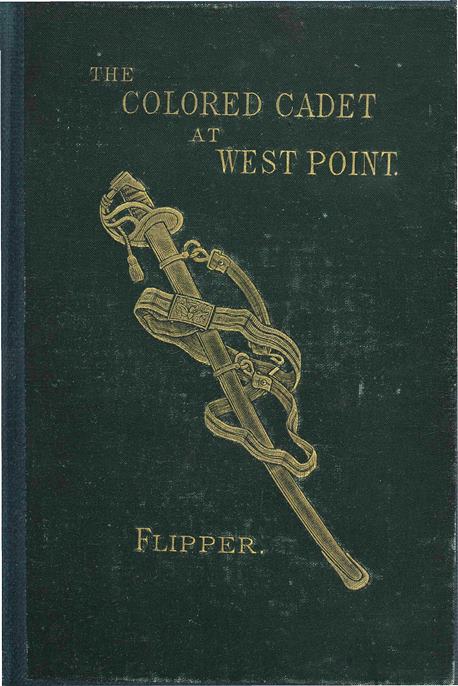
Life of Franklin Pierce (1852)
By Nathaniel Hawthorne
(Hawthorne agreed to write this political biography to help his college friend Pierce get elected president. In it, he positions Pierce as a "doughface”—a Northerner with Southern sympathies, and he shows little regard for abolitionists—a stance that lost the great Massachusetts writer many Northern friends. It took imagination to cast Pierce as convincing presidential material. Horace Mann, the great education reformer, commented before publication, “If he makes Pierce out to be either a great or brave man, then it will be the greatest work of fiction he ever wrote.”)
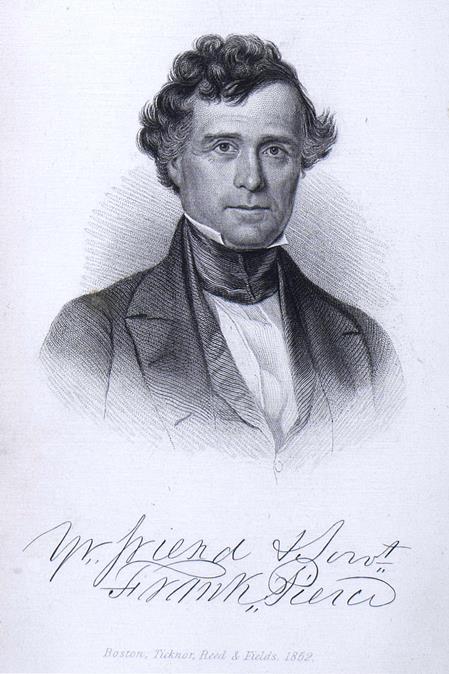
Appeal to the Christian Women of the South (1836)
By A.E. Grimké
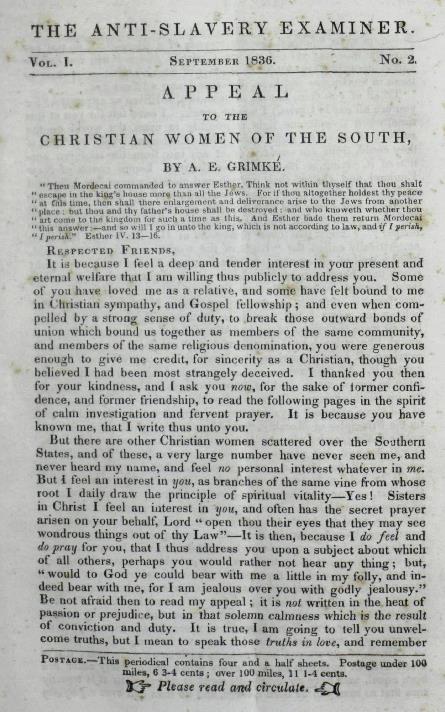
The Negro: His Rights and Wrongs, the Forces For Him and Against Him (1898)
By Rev. Francis J. Grimke, D.D.
(Angelina Grimké, daughter of a South Carolina slaveholder, fled the south to become a most unlikely abolitionist in the north. She discovered late in life that she had a mixed-race nephew, Francis Grimké. Francis, the son of Angelina’s brother Henry, and Henry's slave, Nancy Weston, became a prominent minister noted for his fiery denunciations of racism. Writings of both Francis and Angelina are represented in recent releases of Afro-Americana Imprints.)

For more information about Afro-Americana Imprints, 1535-1922: From the Library Company of Philadelphia, or to request a trial for your institution, please contact readexmarketing@readex.com.



